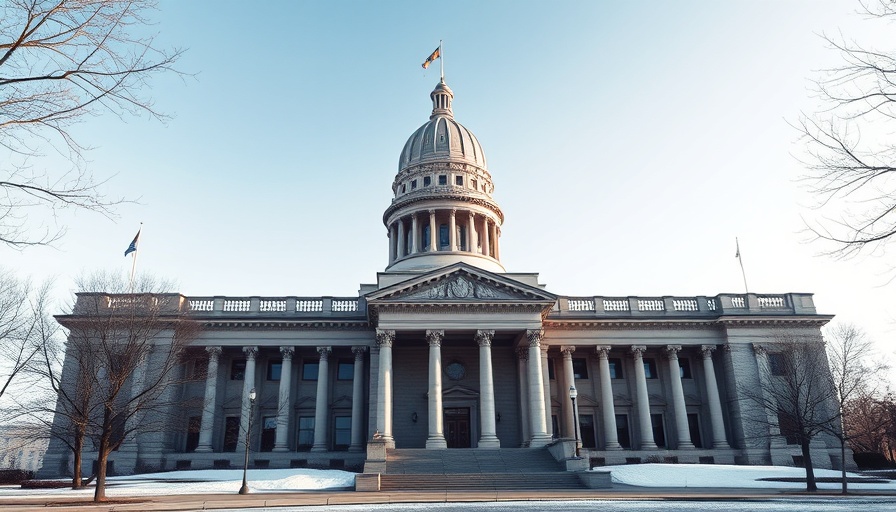
The Potential Loss of a Critical Support System in Montana
Montana is facing a critical juncture as legislators consider dismantling the Board of Public Assistance, an essential body for individuals denied public assistance benefits, including Medicaid and food aid. Advocates argue that this board provides necessary recourse for vulnerable populations, who often struggle to navigate complex bureaucratic systems effectively.
Cuts Framed as Bureaucratic Streamlining
The elimination of the Board, championed by the Gianforte administration under the guise of reducing 'red tape,' raises concerns about accountability and access to justice. State health officials claim that this decision could streamline processes; however, many fear it could significantly hinder the ability of individuals to contest unjust denials of assistance. The voices of those impacted could be diminished, taking away a last line of defense.
Opponents Highlight the Board's Value
Opposition advocates, including former board member Carolyn Pease-Lopez, assert that the board actively makes a difference in the lives of Montanans. Having served since 2017, she underscores its role in shifting power dynamics, emphasizing the importance of having an alternative avenue for appeal. Not all individuals can navigate the complexities of district court proceedings, making the Board indispensable.
The Broader Implications
As the bill progresses, the ramifications extend beyond immediate appeals. The growing complexities of public assistance, especially during the ongoing evaluation of Medicaid qualifications, only add to the strain on marginalized communities. With around 2,300 appeals annually and an overstretched assistance workforce, the absence of the Board represents a perilous step backward.
A Moment for Reflection
This issue encapsulates the larger conversation around public health and social support systems in the U.S. Health enthusiasts and advocates must consider how policy changes impact overall wellness, access to necessary services, and rights among vulnerable populations.
 Add Row
Add Row  Add
Add 




 Add Row
Add Row  Add
Add 



Write A Comment